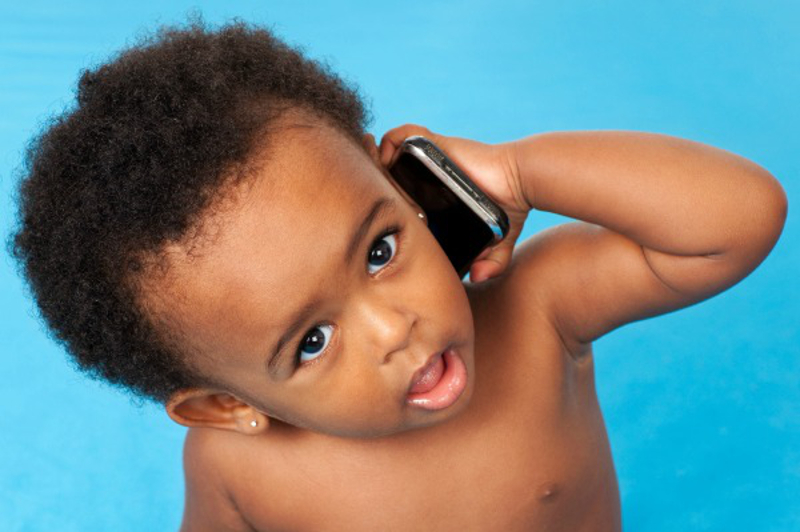In ancient times, societies worshiped Gods, like the Egyptian deities: Ra of the sun, Geb of the earth, and Isis the beautiful goddess associated with, among other things, life, the winds, and the heavens.
Since the ancient Egyptians ruled the earth, thousands of years have elapsed. And slowly over this time, man’s affinity for material things has supplanted his relations with nature. The gods of yesteryear have been displaced by a more recently ordained spirit: technology.
Modern day technology aficionados swear the world has become a better, more efficient place with the advent of tiny gadgets and applications that do anything everywhere.
We video chat instantly with friends and relatives across the globe. Our smartphones guide us through less traveled local pubs when we are lost. Twins separated at birth are reunited through Facebook.
What could be better, you ask?
If the law of conservation of energy holds true, total energy cannot change in an isolated system. If something is gained, something must also be lost. If we gain efficiency and access to masses of information through technology, then what is lost?
All is lost, if you ask librarians, booksellers, and bibliophiles. With this devotion to gadgets comes a departure from reading, which is a tragic cost for modern intelligentsia.
How rare it is, in this day, to chance upon a peer who announces that his ideal leisure activity is reading a novel or a nonfiction piece!
Instead, the majority of us prefer to browse the web, channel surf, gossip, or simply chillax. After a 40-hour workweek, reading—because it involves imagining, analyzing, and thinking—is often the last endeavor many would call calming.
Sadly, even those of us who proudly boast of our superior educational credentials have let this ancient pastime fall to the wayside. I am referencing those degree recipients who have yet to read a book since they received their diplomas at commencement. (Hopefully, you are not among this crowd.) Ironically, such behavior is precisely the opposite of what a word like commencement intimates.
From the Book of Our Ancestors, we are told: “The whole point of an education is to learn to do what you need to do whether you like it or not.”
Ultimately, true education instills a discipline upon us that commands us to toil when we are tired, to persevere until the job is done; and for those of us who have reached the summit of scholastic achievement, to conceive of a job that, though it is yet to exist, necessitates doing.
Graduation from an institution of higher learning should, in its essence, become a springboard to further inquiries. This onset of a career of curiosity is satiated by questions then answers discovered through thorough research, out of which more questions arise.
The process begins again. Surely, reading is an integral component of this cycle.
But instead we have become accustomed to reading for the test, or for our occupation, and nothing more.
What’s worse, this cataclysmic trend of eschewing reading has also overcome our children.
Parents, who are hooked on electronics, gift their babies and toddlers tablets and smartphones. They entrust the responsibility of developing a love for reading in their children to the schools.
The mentality of the poor—whether poor in finances or in intellect—is that parents are only responsible for providing a roof over their children’s heads and food in their mouths.
They blame their busy lives and multiple jobs for not allowing time for them to read with their children. They blame hyperactive children for not being able to sit still.
They spread blame around like a mosquito spreads malaria.
But these parents are missing the point. They fail to understand that if reading is done regularly, children will learn to sit still. They will develop good habits, learn how to focus, and increase their attention spans. They will do better in school.
Food, clothing, and shelter will allow children to develop their bodies but never entirely their brains. In addition to these basic needs, brains require added stimulation.
Children are exposed to language through speech, listening, song, and of course reading. They should connect words with meanings and emotions in the absence of computer, television, PDA, and mobile screens.
Reading is the gateway to different worlds. It is fundamental to learning. It forges more knowledgeable and informed adults, and one would hope, better citizens.
Reading apprises us of historical successes and failures. It gives us a window to our souls and the secrets of our enemies.
Technology is a sham of a deity, if it is one at all. The civilization that will vanquish others will be the one where the book goddess reclaims her rightful throne.











I see mothers everyday, sitting in their front seats with husbands driving while the babies sit in the back and sleep, cry, fight, shit. The mothers keep on texting and video chatting with friends. Why? I do not know. But this has become such a big problem that there is not doubt the next generation of humans are going to be stupider.